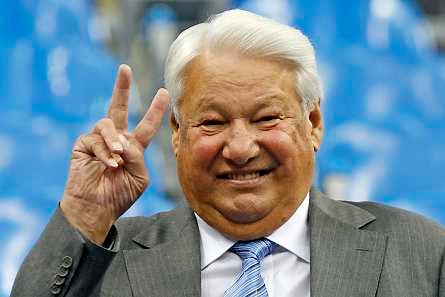On 12 June 1991, history tilted on its axis as Boris Nikolayevich Yeltsin became the first democratically elected president of Russia. With over 57% of the popular vote, Yeltsin’s decisive win marked a radical break from seven decades of Communist rule and the start of a volatile journey toward democracy and capitalism. The election followed a period of deepening unrest in the Soviet Union, and Yeltsin’s victory laid bare the cracks in the crumbling structure of Soviet power.
Yeltsin’s rise to the presidency came on a wave of popular discontent and nationalistic sentiment. As a former high-ranking Communist Party official who later broke ranks, he presented himself as a reformer unafraid to challenge the stagnant political order. He campaigned on promises of greater political freedoms, economic liberalisation, and a stronger Russian identity within the Soviet framework. His candidacy galvanised millions who were exhausted by food shortages, repression, and bureaucratic paralysis.
The 1991 election was itself a landmark: it was the first time Russian citizens directly voted for their leader. It was also held separately from the Soviet Union’s electoral process, reflecting a growing assertiveness from the Russian republic. More than 74 million voters turned out, with Yeltsin drawing support not only from Moscow and Leningrad but also from regions long considered politically inert.
Yeltsin’s opponents included Communist Party stalwart Nikolai Ryzhkov and ultra-nationalist Vladimir Zhirinovsky. But none could match Yeltsin’s blend of populist rhetoric and political theatre. He campaigned on rooftops and rode the metro, presenting himself as a man of the people. His sometimes erratic but unfiltered style struck a chord with a population hungry for authenticity and change.
The wider implications of Yeltsin’s win were profound. It weakened Mikhail Gorbachev’s position as Soviet president and accelerated the unravelling of the USSR. Within six months, the Soviet Union formally dissolved, and Yeltsin stood at the helm of an independent Russia. He quickly moved to consolidate power, outlawing the Communist Party in Russia and pushing through radical market reforms—often with devastating short-term effects.
Yeltsin’s presidency would become synonymous with turbulence. Though he was hailed abroad as a symbol of democratic transition, at home his popularity waned amid economic collapse, rising inequality, and political chaos. Yet his election in 1991 remains a watershed moment in modern Russian history—a signal that, for a time, the people’s voice could overturn an empire.
For many Russians, the summer of 1991 stirred hope. It opened a door to a future unshackled from totalitarianism, even if what followed proved uncertain and painful. Yeltsin’s ascent did not deliver all that it promised, but it indisputably changed the trajectory of the nation and redefined what leadership could mean in the post-Soviet world.
newshub finance



Recent Comments